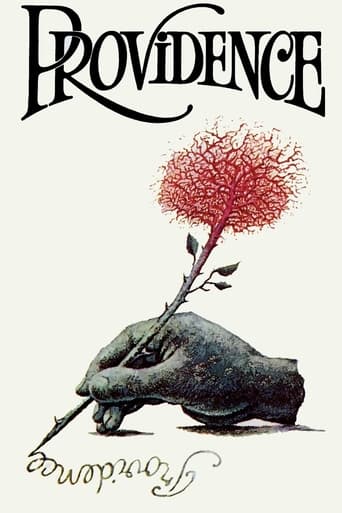


Providence
On the eve of his 78th birthday, the ailing, alcoholic writer Clive Langham spends a painful and sleepless night mentally composing and recomposing scenes for a novel in which characters based on his own family are shaped by his fantasies and memories, alongside his caustic commentary on their behaviour.
-
- Cast:
- Dirk Bogarde , David Warner , Ellen Burstyn , Cyril Luckham , John Gielgud , Tanya Lopert , Elaine Stritch


Similar titles
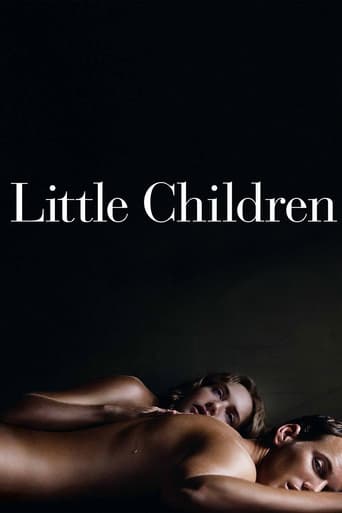
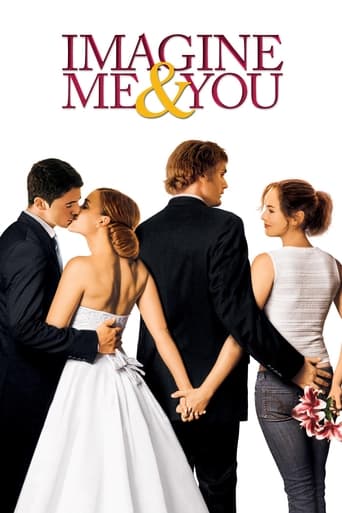
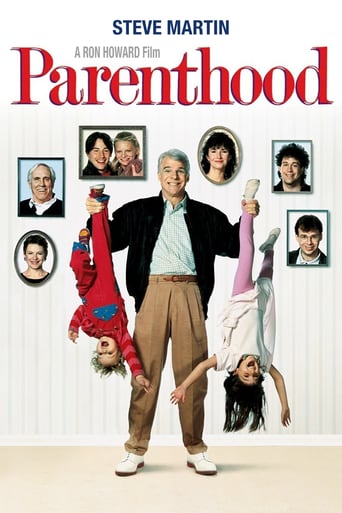
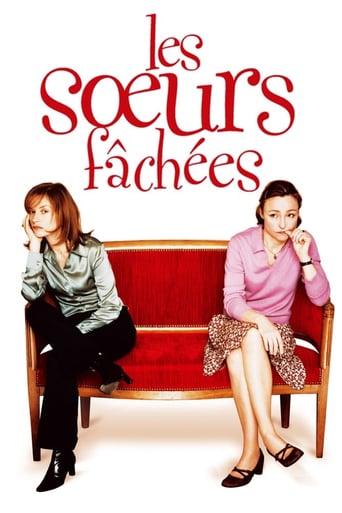
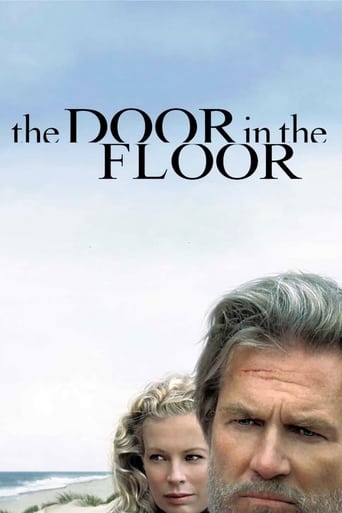
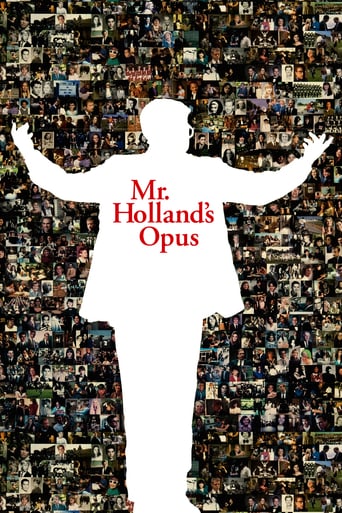
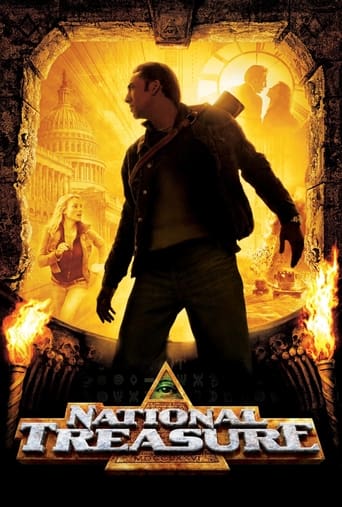
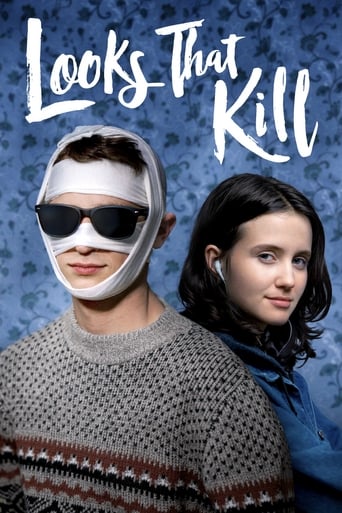
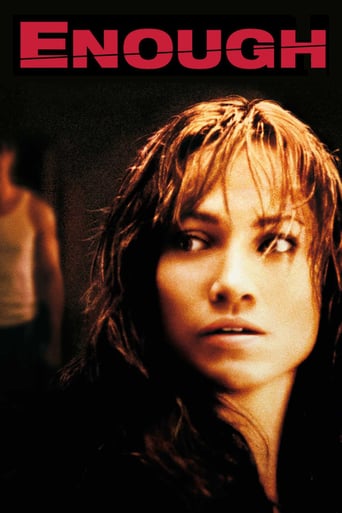
Reviews
Great Film overall
what a terribly boring film. I'm sorry but this is absolutely not deserving of best picture and will be forgotten quickly. Entertaining and engaging cinema? No. Nothing performances with flat faces and mistaking silence for subtlety.
Exactly the movie you think it is, but not the movie you want it to be.
The movie really just wants to entertain people.
This unusual drama, with its own mood and style, is about a dying, mean-spirited, bitchy ex-(?)Marxist writer who comes up with a fantasy scenario that involves the members of his family. There is nothing confusing about the movie; it becomes obvious very early on that Bogarde is his son in real life, that Burstyn is Bogarde's wife, and Bogarde's mistress is Gielgud's dead wife i.e. Bogarde's own mother (who killed herself years earlier because she had cancer - but I think it's more likely that being married to a cranky, foul-mouthed Communist did her in, i.e. gave her the cancer in the first place). Only the identity of the fourth member, David Warner, becomes revealed much later, only minutes before the Birthday lunch scene.I don't know if this was intentional or whether it was my subjective (read=objective) take on it, but "Providence" has a final end-twist that makes the viewer realize that he's been fooled by the old crack-pot's narration. Gielgud's semi-hallucinated dream-story presents Bogarde as the ultimate villain, a supremely egotistical "prig of a son" who is devoid of emotions and empathy. Ironically, it turns out much later that Bogarde is a well-mannered, well-balanced, good-natured man who shows infinite patience toward his father and his nastiness and eccentricities. We find out that Gielgud is the only family member that has a spiteful, selfish personality. Everyone else seems to be alright - at least in the presence of his royal Highness the dying scribbler.Gielgud plays an aging, disillusioned Leftist who predictably considers the bourgeoisie the root of all evil - while sitting pretty in his castle of a home, sipping expensive wine, servants following his ever whim, and with a probably very large bank account in Switzerland. A rich Marxist? Not exactly rare; don't think this to be an oxymoron, because it certainly isn't: a much too common occurrence on both sides of the Iron Curtain to warrant that term. However, if you think he is disappointed with the core of Socialist philosophy, think again: he is merely angry with "the (other) revolutionaries, not the revolution" itself. Hence, at the ripe old age of 78 this decrepit, evil old "intellectual" has learnt nothing, i.e. has remained ignorant, preparing gradually to die ignorant. So ridiculously deluded is this writer of (possibly cheap) novels that he actually chastises his son Bogarde for being a law-abiding, useful member of society. Gielgud, like all couch revolutionaries who only dabble in theory and consider the world a mere playground for their extremist/Utopist ideas and experiments, considers his son's "bourgeoisieness" to be the ultimate waste of one's energy and potential. Anarchy, violence, tyranny, and the imposing of one's own systems of thought - those are the things this writer believes in.In the final scene, Gielgud also reveals that he is the only (living) family member who uses the "F" word in nearly every other sentence, like some primitive, inebriated, wife-beating truck driver. He doesn't behave so much as an intellectual as he resembles an old wreck hanging on to his life dearly, a wretched existence that has no further purpose than to moan, belittle others, and perhaps churn out the occasional novel. His fantasy-world is so sick and full of malice that he actually pairs up his dead wife with their own son. This could be seen as an indication that Gielgud is not only physically ill, but perhaps mentally as well. Maybe his body isn't being eaten away by a virus or cancerous cells but by his own evil, borne out of pent-up frustrations and self-hatred. (He never got to win a Nobel Prize... Boo-hoo-hoo. I guess other Marxist writers must have had better lobbyists, huh? For those of you who aren't aware: that million-dollar prize almost always goes to Left-wing writers. I guess there are worse ways to finance Socialist propaganda...) "Providence" has some decent photography, fairly interesting dialogue, and a good soundtrack. It does tend to get bogged down toward the end of the fantasy part: after all, the characters had been established long before and tended to merely wonder around aimlessly before Gielgud finally stopped fantasizing and brought us into the real world.It was hilarious to read Roger Ebert's review of this film. The fat nincompoop actually finds the old man's behaviour touching at the end. Ebert fails to mention any negative sides, hence I must wonder which of the two of us saw the real movie, and who imagined a fantasy version of "Providence". Perhaps Ebert saw a bit of his own vileness in the old man's behaviour...It's a good movie, but not great by any means. The main reason, I guess, why it's held in such high esteem in certain circles is that a French director is behind it - and we all know how utterly FLAWLESS they are: everything they touch must require every single one of us to exclaim "genius!" in a French accent. The other reason is that the words "revolution" and "bourgeoisie" get mentioned in the same breath, and that usually gets movie critics all wet down there.
Clive Langham spends one of many tormented nights in bed suffering the terminal stages of bowel cancer. He is a successful writer, or so we are led to believe by him. Whether this proves to be delusion or truth, like so many of the other scenes within this film, we will later discover. In the terminal throes of his condition, with his pain controlled by morphine, he tries to recall scenes from his life, his family and loves. A combination of arrogance of personality, the side effects of the morphine, and the constant sleeplessness caused by agonising twinges of pain, creates a confused picture encompassing episodes of his life filled with distortion, with family members seemingly out of place, much like a bad dream remembered. His bitterness of personality, backstabbing nature, and flashbacks heavily laced with his morphine medication, as well as his preference for one of his sons, creates for the viewer a finely woven mesh of his life and fears. In one scene he is terrified of that time after death that he may face a post mortem examination. We witness a brief glimpse of his fears with a true but grotesque scene of a real post mortem. He feels the victim of his conniving family; however it is likely that they are the victim of his lifelong controlling personality. When dawn breaks, the normal world is discovered and the day is set up for the imminent appearance of his family at lunch. The final scene is beautifully set, with a fine picnic lunch set outside, enjoyed by all participants. The viewer discovers the reality of family relationships with the caring nature of his supposedly errant son shown in stark contrast to his own recollections and distortions. Will he continue to wilfully misinterpret the situation? How much of his viewpoint is composed of his own personality, the condition from which he suffers, or the side effects of medication? We are left wondering. The day gradually draws to a close and Langham basks in safe oasis of his family, their love and support, before facing again, the demons of the night.
Obviously, Providence has not been created to be understood at a first glance. Dream, nightmare, reality, you're never sure that you are in one of these fields. But, one thing is real : it's a great movie. It has been said that the life and personality of Howard Philips Lovecraft (1890-1937), the famous fantastic novelist which created the Cthulhu myth, was a big part of inspiration for the dying hero of Providence. I'm not sure of that. But, it is a matter of fact that HP Lovecraft spend most of his life in the city of Providence. Nevertheless, Providence is a captivating movie played by such great actors (Gielgud, Bogarde...) and Resnais' camera is writing an atmosphere all along the story. As it was a novel on paper, not a movie on celluloid. Maybe is that why this movie is so magic.
I saw this film at release and have seen it several times since and this motion picture still holds up, a seemingly complex story that unravels steadilythroughout the film. Resnais uses every dramatic device available to tell what becomes a moving and tender portrait, not least visual puns, particularly asequence where Dirk Bogarde drives across "town", in which a very simplemontage predates digital morphing as seen in current commercials, smoothly linked through the activity of the character. All good Resnais films include an examination of the minds of his characters and this is a superb twist-and-turn reality that involves us completely. The acting of course is flawless and includes a wonderful pairing of the great Elaine Stritch and Ellen Burstyn. David Warner, a personal favorite, is actually given the opportunity to act and steps up to the plate and compliments Dirk Bogarde's cool and wooden portrait. I regularly look for this release on DVD and am consistently disappointed. Could someonepublish it soon?
